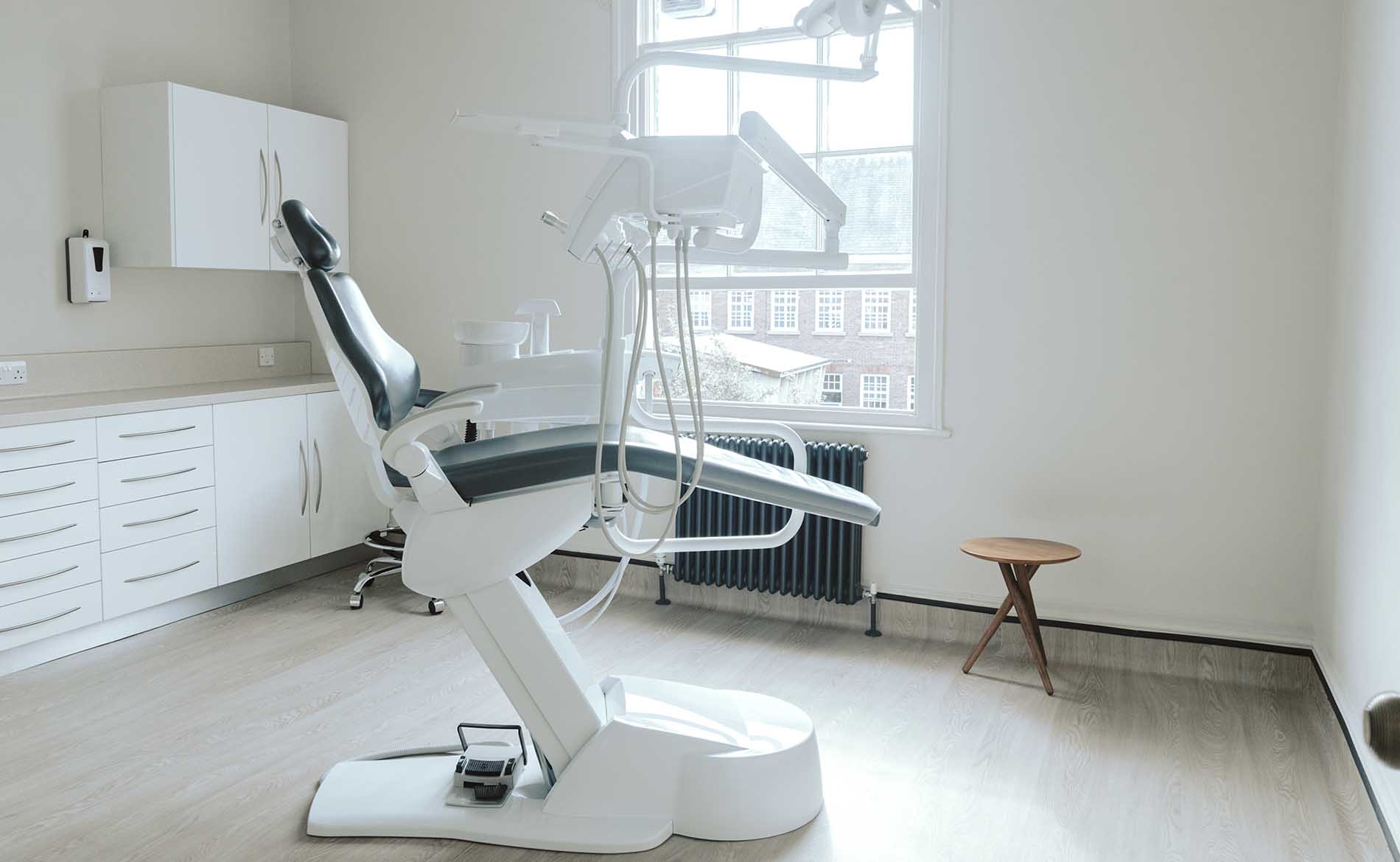-
Q. How do I know if I need root canal treatment?
Some common indications include severe pain when biting or chewing, sensitivity to hot or cold temperatures, swelling or tenderness in the gums, and discolouration of the affected tooth. Additionally, if you have a history of tooth decay, trauma to the tooth, or have undergone multiple dental procedures, you may be at a higher risk of needing a root canal.
-
Q. What happens during a the procedure?
During this procedure, your dentist will numb the area around the tooth and make a small hole in the top of the tooth to access the pulp inside. The pulp is then removed, and the inside of the tooth is cleaned and sterilized. Afterwards, the dentist will fill the tooth with a special material and seal it to prevent further infection. In some cases, a crown may be placed over the tooth to provide additional support and protection. The entire root canal procedure can typically be completed in one or two appointments, depending on the severity of the damage or infection.
-
Q. How long does a root canal procedure take?
In general, it can take anywhere from 30 minutes to 2 hours to complete. The length of the procedure depends on the number of canals in the tooth that need to be treated. Typically, a single-rooted tooth takes less time than a multi-rooted tooth.
-
Q. Is root canal treatment painful?
With the use of local anaesthesia, patients can expect to feel little to no pain during the procedure. In fact, most patients report feeling more discomfort before the procedure due to the underlying dental issue. After the procedure, some mild discomfort or sensitivity may be experienced, but this can be managed with over-the-counter pain medication.
-
Q. What happens if I don’t have the root canal treatment I need?
Ignoring the issue can lead to serious consequences. The infected tooth will continue to decay, and the bacteria can spread to the surrounding teeth and gums. This can result in more severe and painful dental issues, such as an abscess, which can lead to bone loss in the jaw. In some cases, the infection can even spread to other parts of the body, causing serious health problems.
-
Q. How long does it take to recover from root canal surgery?
In general, most people can expect to experience some discomfort and swelling for a few days after the procedure. Patients are typically advised to avoid chewing on the affected tooth and to take over-the-counter pain medications as needed.
Dental Care In York
Root Canal Treatment

Root canal treatment is a highly effective way to save a damaged or infected tooth. It involves removing the damaged or infected pulp from the tooth’s root canal and filling it with a special material to prevent further infection. While the thought of having a root canal may be daunting, the procedure is actually quite routine and can be completed with minimal discomfort. Plus, by opting for a root canal instead of an extraction, patients can avoid the need for more invasive and costly procedures down the line.
Root canal treatment doesn’t have to hurt
The procedure work helps to relieve pain and discomfort caused by the infected tooth. Plus, it prevents the spread of infection to other teeth and surrounding tissues. And it helps to save the affected tooth from extraction. This is a quick and efficient procedure that can be completed in just one or two visits to the dentist.

Relieve

FAQS

“Efficient, friendly & knowledgeable reception team. Clean, pleasant building. Thorough & skilled dentists/hygienists. Always considerate & sensitively handled – all round excellent.”
Susan – Google review
Care
Why visit Blossom Family Dental Care?
- Dental treatment tailored to you
- High level of dental expertise
- Award-winning dental practice
- Your dental issues discussed
- Treatment options provided










 2 dental health examinations per year
2 dental health examinations per year